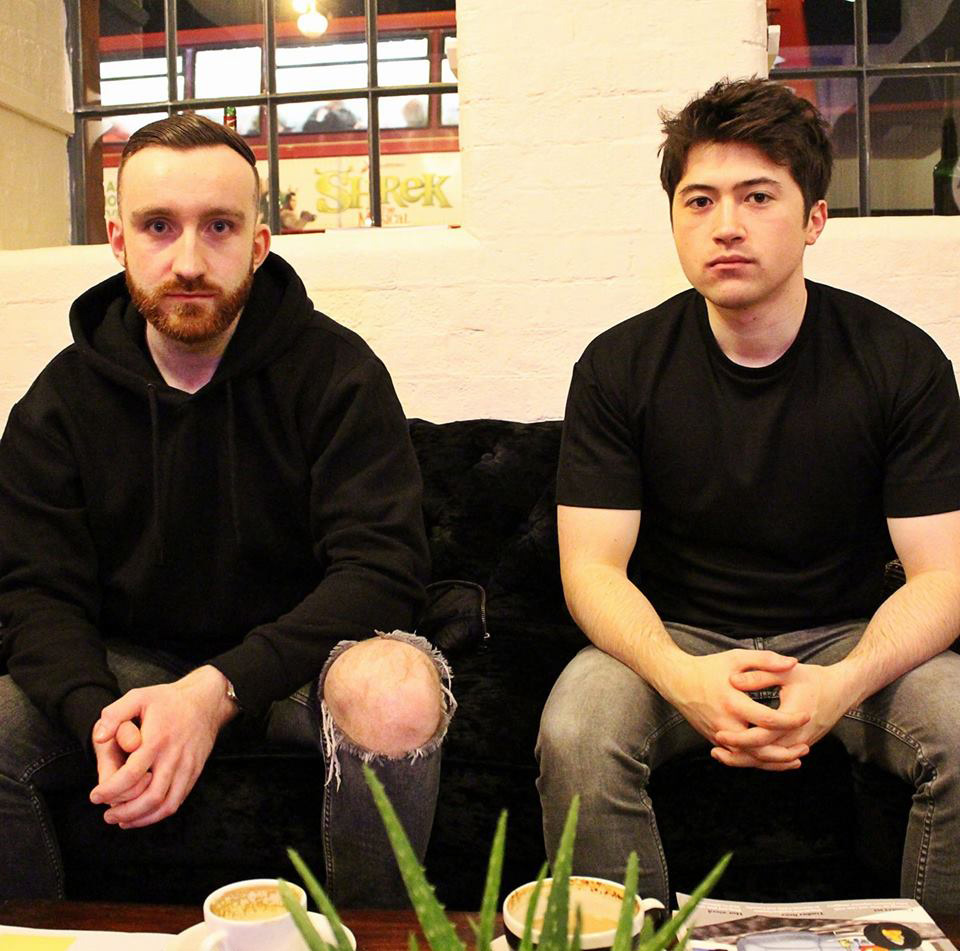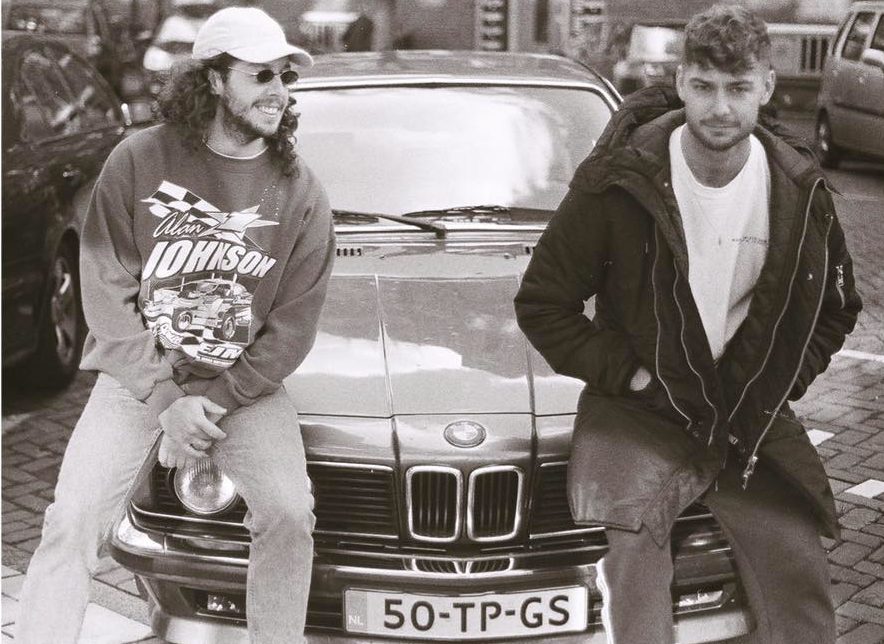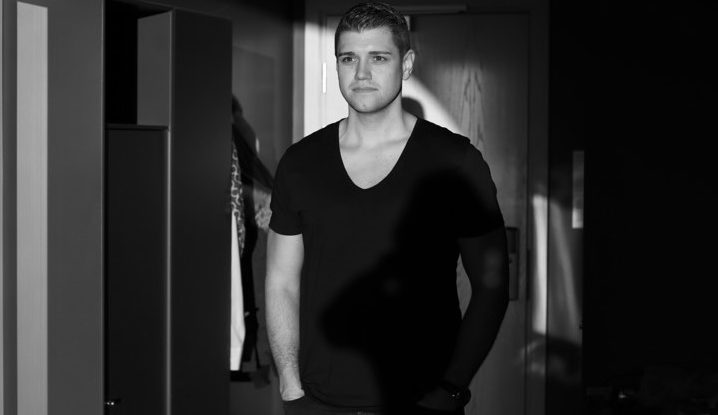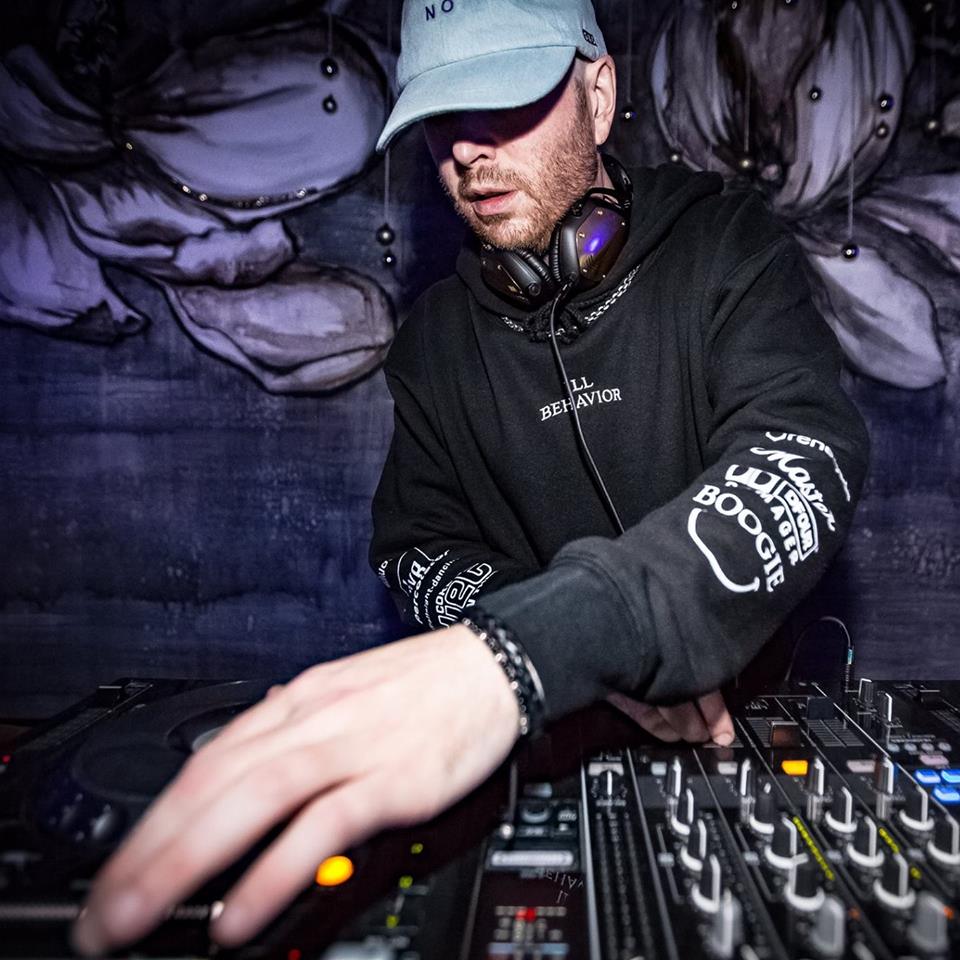It can take years for an artist to properly find their sound and build momentum, and the “starving artist” lifestyle is all too commonly attributed to rising music producers. In this article, DJTT contributor Tom Hricik sat down with 5 artists on the cusp of breaking through to ask them how they keep their lives in check while maintaining a busy artist career.
What did these artists do to survive before they blew up?
The archetype of the superstar DJ has become highly visible in electronic dance culture in recent years. Flying around the world to destination nightclubs accompanied only by their entourage, headphones and Rimowa carry-on, it may seem like there is an abundance of money to be earned for producer/DJs today.
To some degree, this is correct. Unfortunately, the majority of producers do not start seeing large financial returns until they have a busy touring schedule and a few charting records to boot. So what did these artists do to survive before they blew up?
It can take years for an artist to properly find their sound and build momentum. It can be notoriously difficult to balance a 9-5 to job and a production career, let alone life’s other responsibilities. As a result, the ramen-noodle-fueled “starving artist” lifestyle is all too commonly attributed to rising music producers. Today, we sit down with five artists on the cusp of breaking through to ask them how they keep their lives in check while maintaining a busy, artistic lifestyle.
RUZE

- Location: Birmingham, United Kingdom
- Style: Tech House
- Labels: Toolroom, Elrow, Criminal Hype, Stashed
- Listen to their work: Soundcloud
What strategies did you use to avoid being the typical “starving artist?”
A bit of literally everything […] we’d reach out and do any work that was made available to us. We used to produce under different aliases in different genres, which brought some income in over the years we’ve been producing. We would remix anything and everything that came our way.
This helped us develop our production skills and earn money at the same time. Everything we earned we’d plow back into music: buying new equipment, sample packs, plugins, room treatment, synthesizers, etc. We even made a special trip to Ikea for some new trusty furniture for a studio refit (and a couple of hotdogs). As far as gigs were concerned, we’d often travel far and wide. The gigs we landed weren’t always the best, sometimes we’d be playing to just the bar staff. However, it was these times that really allowed us to experiment and develop our DJ skills.
Seriously though, it’s a fine balance between spending time smashing out tracks and making an income to survive.
Was it hard to find time to hone in on your craft with other life obligations?
It was challenging at some points trying to fit everything in, but as times have progressed we’ve managed to manage our time much better. We’d often find that we were working different schedules and had different commitments that got in our way. However, we’d always make sure that we found time to sit in the studio and work on beats, no matter what time of day it was. It was important to us to make sure we spent every spare minute we had in the studio sharpening our sound and improving our tracks.
How have you overcome these challenges to get where you are now?
We have a set schedule that we work to through the week & then we fit in any extra time we possibly can together.
We both now work full time, so sometimes work commitments can hinder our time together. But whether we are together or not, we are always on WhatsApp discussing what’s going on and what our next move is.
TRUTOPIA

- Location: London, United Kingdom
- Style: House/Tech House
- Labels: CR2, Get Twisted, Nightbeast, Stashed
- Listen to their work: Soundcloud
What strategies did you use to avoid being the typical “starving artist?”
It was really tough starting out. We were trying to juggle part-time jobs, extra writing/production work and any other means to an end with the late nights of the music industry.
Was it hard to find time to hone in on your craft with other life obligations?
We think the key contributor to making this work is time management, like any other job, you have to have some kind of structure/timetable to work around. This really helped us delegate when and what we would be doing each day. With that being said, most of the time we’d just be 24/7 on the tunes and going to sleep in the toilet at work, ha!
How have you overcome these challenges to get where you are now?
Working tirelessly on putting our stamp on a particularly groovy slice of Tech House, we’ve been slaving away in the studio for the last few years, and at this moment we are pleased to say way are full-time music heads.
ERIC SHARP

- Location: Los Angeles, California
- Style: House, Deep House, Indie Dance
- Labels: Little Assembly, Noon Pacific, Brooklyn Fire, RISLabs
- Listen to their work: Soundcloud
What strategies did you use to avoid being the typical “starving artist?”
I wouldn’t quite say I’m making a *good* living from my craft yet…more like I’ve been managing to get by without any other major means of supporting myself for the last 7 and a half years. Part of that is actually embracing the so-called “starving artist” identity at times. I grew up quite poor, which is sad in many ways, but also gave me the skill set to be able to live on very little. I’ve had to draw on this a few times over the years.
DJing as a primary income source can be volatile; residencies come and go, people who book us steadily leave their positions, clubs can open and close, etc. I’ve experienced up years and down years, but diligent budgeting and saving money when I can helps to get through the rough patches. Any way of living that is dependent on performance requires immense work. I’ve accepted that until I reach the point where there is deep demand for my sets in many, many markets such that an agent can make good money from booking me I will need to continue to hustle for gigs so that I can eat.
Was it hard to find time to hone in on your craft with other life obligations?
[…] the last year that I had a day job in 2010. I was working full time as an executive account manager at a really cool marketing company, and was responsible for a major client there. This was a 50-70 hour a week job that started at 8 or 9AM each day and would continue until some time between 5PM and 2AM.I was also co-producing a weekly event at a 1200 person venue every Friday, with two other promoters at a premiere club in the city. I was DJing guest gigs on the side as well. One day a week was spent in the studio with an engineer learning to produce tracks. I was also launching a music label which involved setting up a business structure, brand identity development, website creation, garnering distribution, signing tracks, commissioning remixes, and marketing releases. On top of all of that, I was embroiled in a legal battle with a former landlady.
How have you overcome these challenges to get where you are now?
To say the least this required ridiculous time management to pull off, and I eventually had to choose between a stable marketing career and a gamble on myself as a DJ/producer. Obviously, I chose the latter…and here I am answering these questions.
HANNS

- Location: Cologne, Germany
- Style: Tech House
- Labels: Toolroom, Daylight Robbery Records, Ovrdose, Onefold DGTL
- Listen to their work: Soundcloud
What strategies did you use to avoid being the typical “starving artist?”
What it boils down to for me is the following: I aim to produce as much music as possible that is likely to be well received by the market in as little time as possible. In other words: efficiency is key and perfectionism is something I actively avoid because it does way more harm than good.
Was it hard to find time to hone in on your craft with other life obligations?
I think it’s incredibly tough to maintain all normal routines in life like a 9-5 job, a girlfriend, friends, etc, when trying to “break through” at the same time. In addition, it’s hard to switch the mindset to “Okay, I’ll do what pays” from “I do whatever the fuck I want because it’s my hobby.” It takes time and discipline.
How have you overcome these challenges to get where you are now?
Generally speaking, I try to cut out the noise around me as much as possible and focus on my previously defined goals. It helps – especially in combination with to do lists to get shit done and spend time on what advances my career.
LONDONBRIDGE

- Location: Los Angeles, California
- Style: House/Bass House
- Labels: Dim Mak, Insomniac, Audiophile XXL, Perfect Driver
- Listen to their work: Soundcloud
What strategies did you use to avoid being the typical “starving artist?”
My path in music has taken a number of turns. I’ve been doing some sort of musical project for the past twelve years and all the while, up until recently, I had a day job.
Was it hard to find time to hone in on your craft with other life obligations?
For a starting music artist, it’s nearly impossible to make rent and eat on just music alone. But I didn’t look at my job as a bad thing (all of the time). I worked in marketing and the tools and skills that I learned from that job were things that I could directly apply to the launch of my own music and my event brand Space Yacht. I even met the guys who started Space Yacht with me at my old job.
How have you overcome these challenges to get where you are now?
If you have to work a day job to get by, try to find something that either teaches you new skills that you can apply to your music career or a job that affords you enough free time where you can focus on creating music while still being able to pay rent and eat. If you look at the successful people in music, most of them have a job outside of making music alone. Destructo and Steve Aoki are my two examples of artists who have multiple jobs. Granted they have sick day jobs, but none the less they do more than just make music.
Day job or not, in order to succeed at anything, you have to put in the time and out grind everyone else who is trying to get to where you are going. So put your head down and keep working!
Conclusion
Like all good things in life, a successful career in music takes time, dedication, and patience! Success is often reserved not only for those who are most skilled but for those who stay persistent in the pursuit of their passions and true to their undying love to what matters more than anything else…the music.





